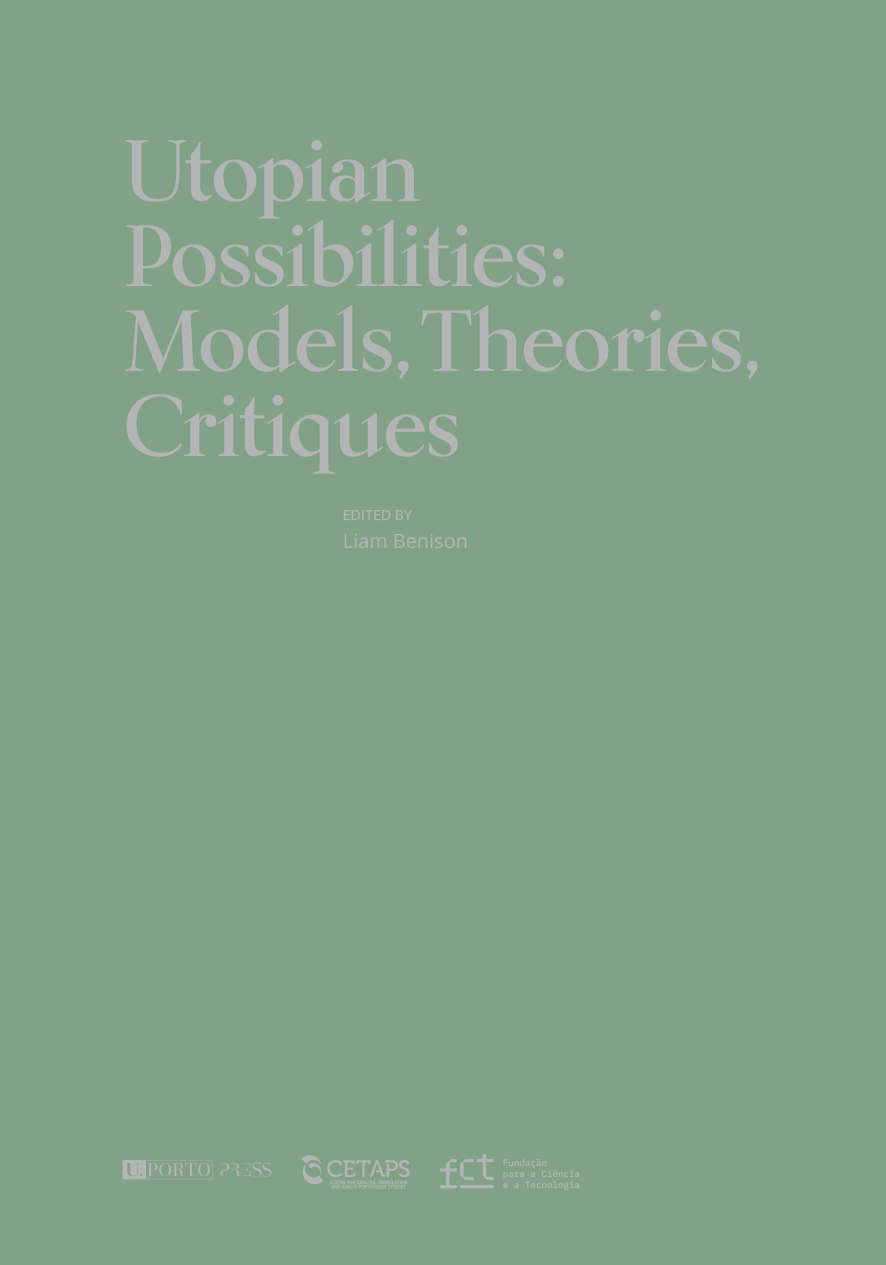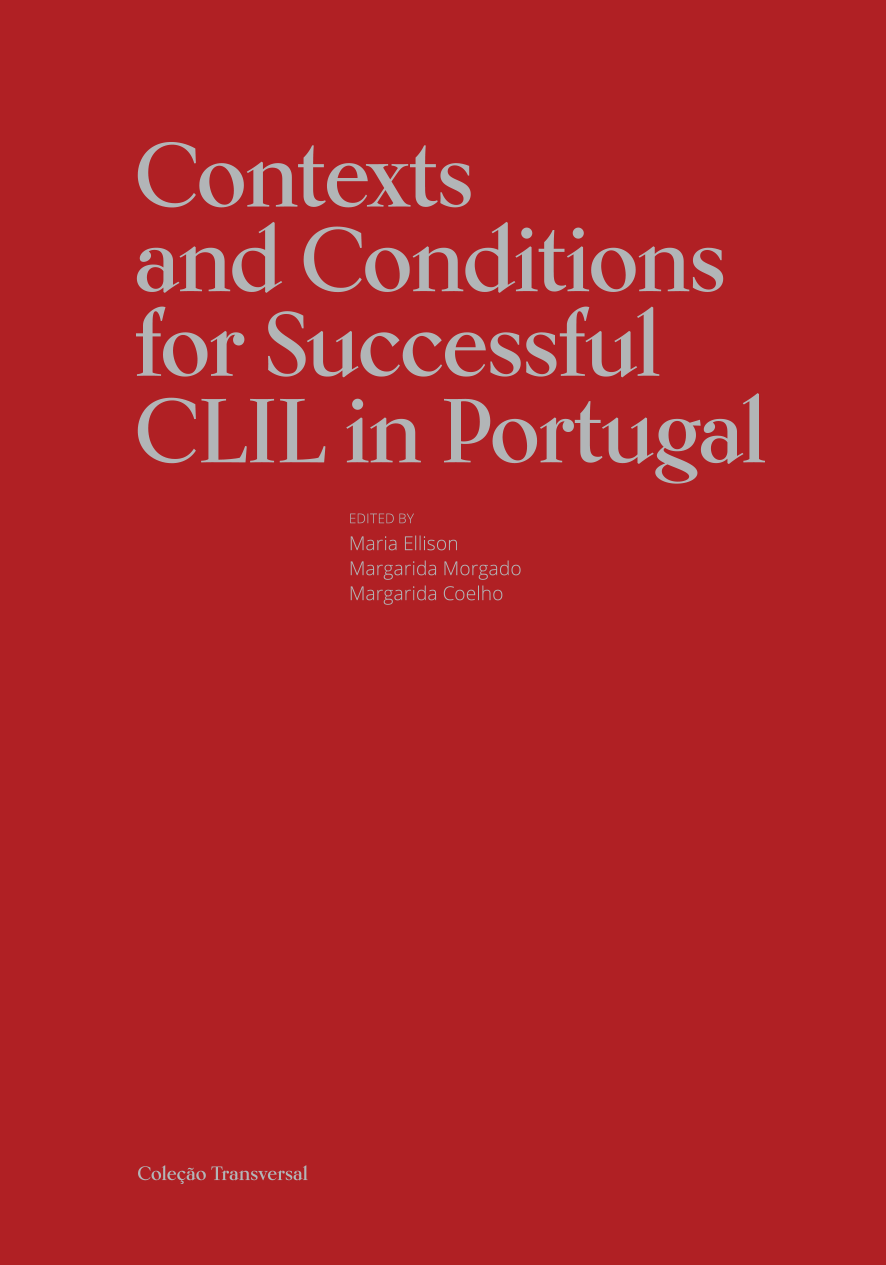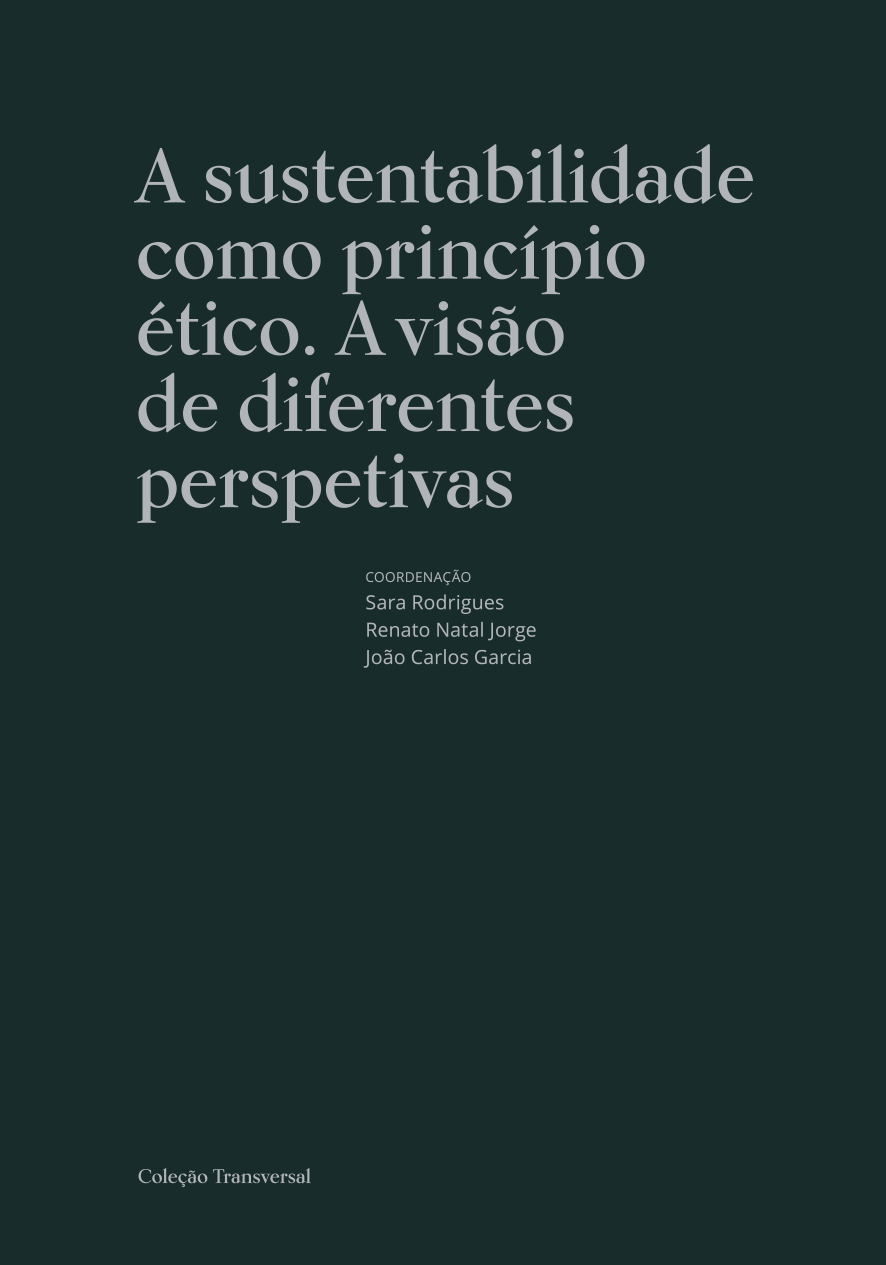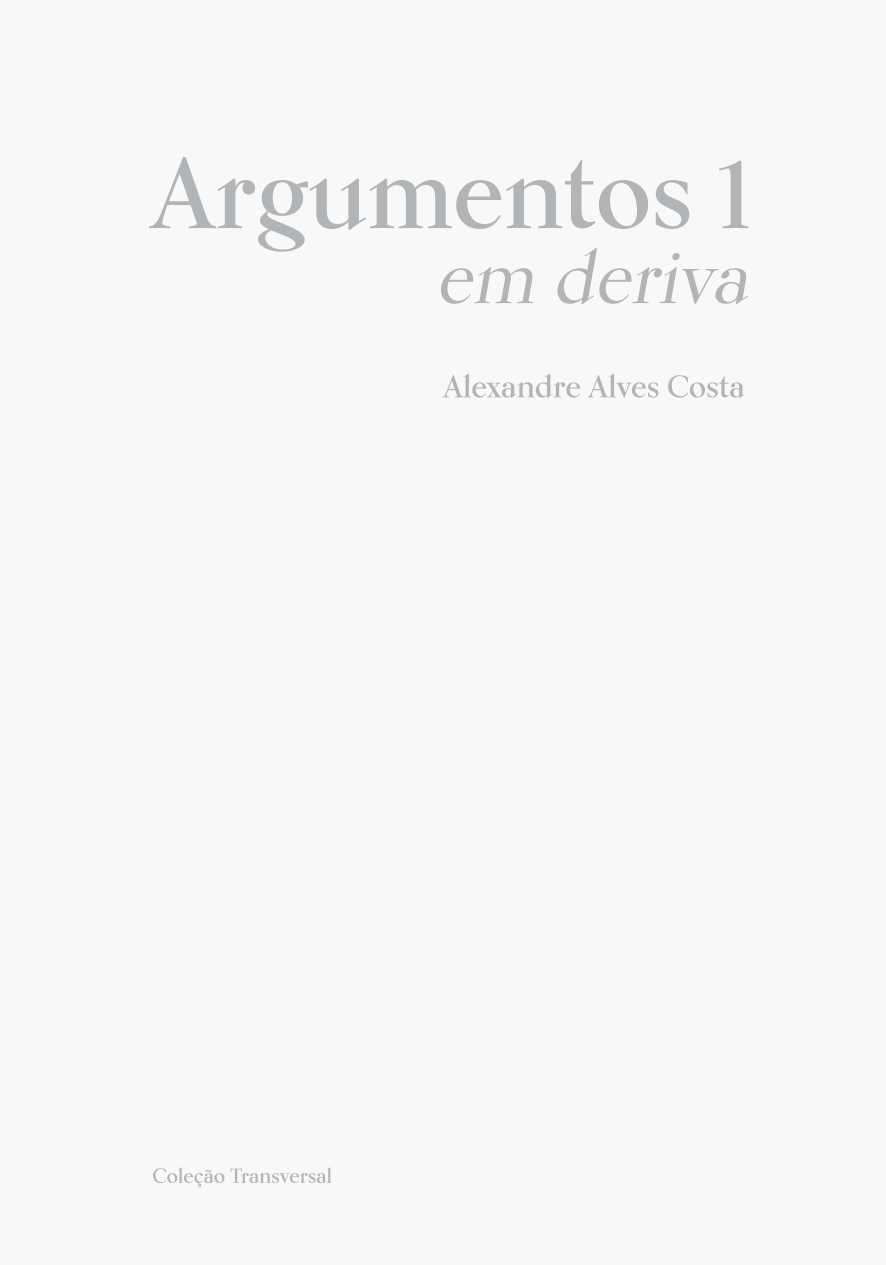Descrição
Utopian Possibilities explores the power of the utopian imagination to identify and create ideas and methods that can bring about tangible improvements in human society. The authors of the thirty-eight brief essays across nine thematic areas submit old and new utopian models and discourses to expert analysis and critique, considering the tensions and barriers involved in the quest to realize genuine social change and improvement.
Specifific contributions engage critically with a wide variety of social problems and questions, from historical developments to present-day challenges. Topics include the climate crisis, challenges to democracy, art and architectural design questions, activism and resistance to tyranny, struggles over cultural memory, challenges posed by artifificial intelligence, and new ways to understand communities, difference and ourselves.
These essays offer a persuasive rejoinder to the argument that there is no alternative to present social conditions. Utopian Possibilities provides an important and accessible introduction to the versatility of utopian thinking that will interest both students and scholars of utopian studies and utopian literature. It offers hope at a time of social, environmental and technological crises that paths to a betttter future may be found through open dialogue embracing multiple perspectives.
















